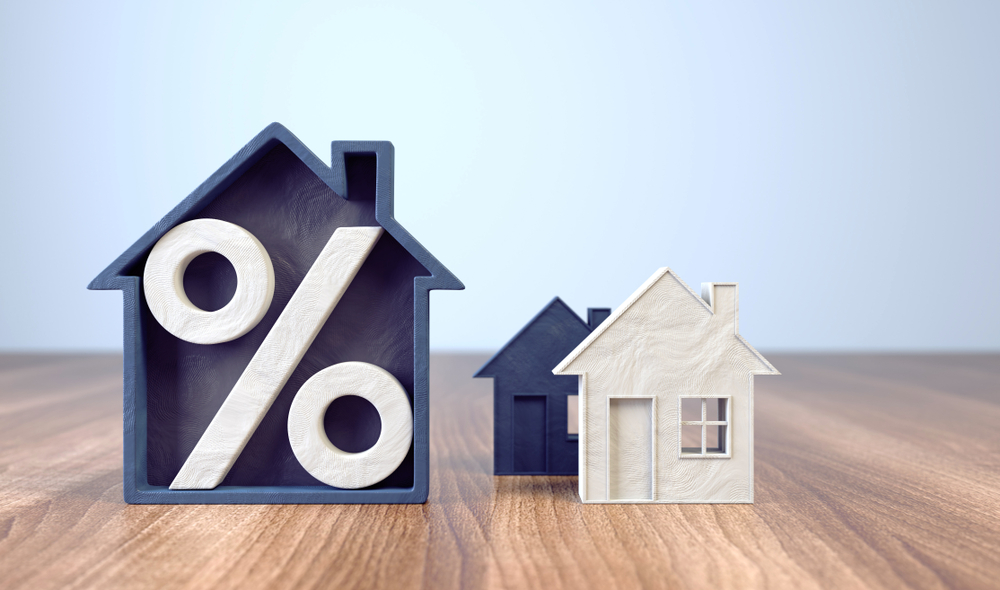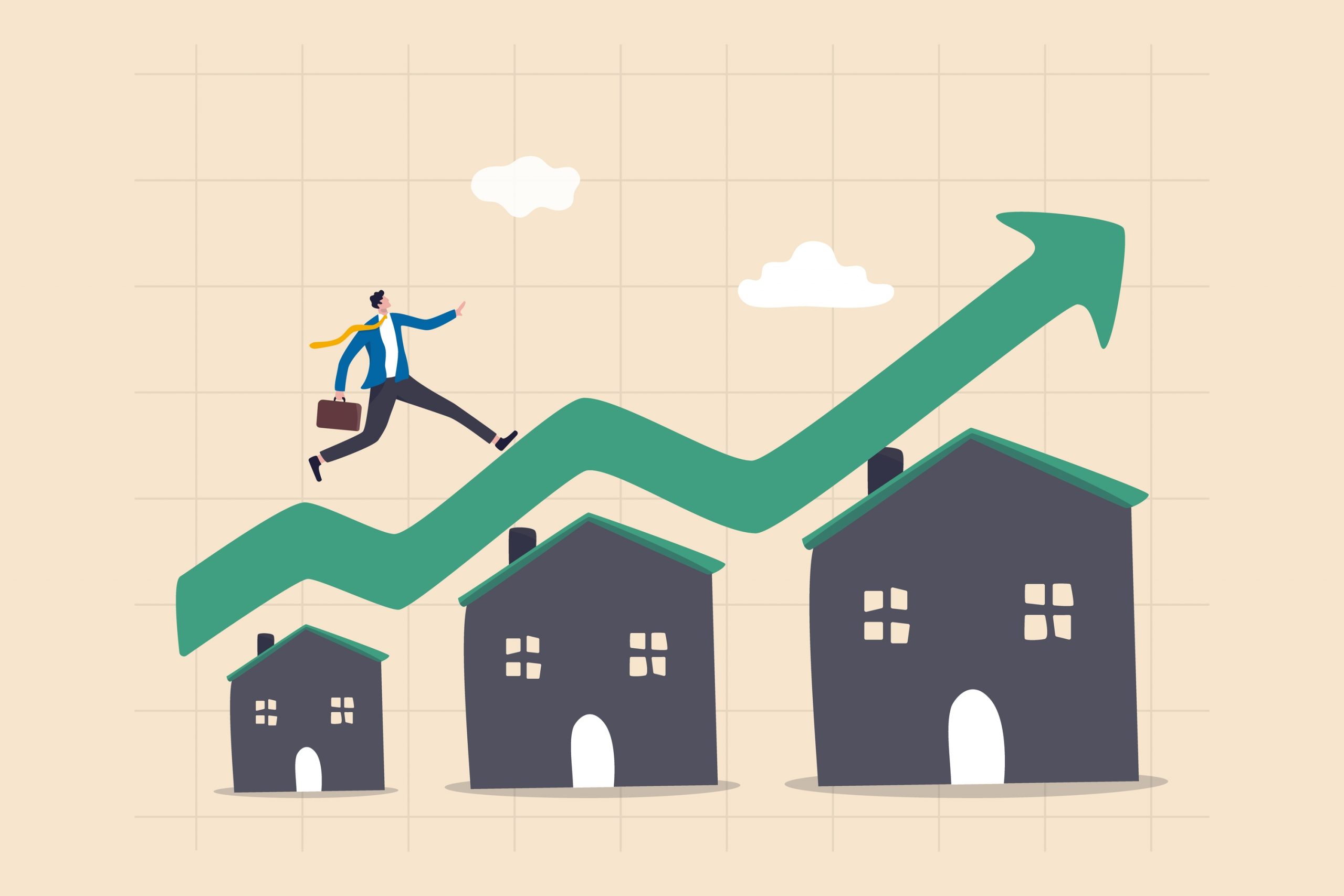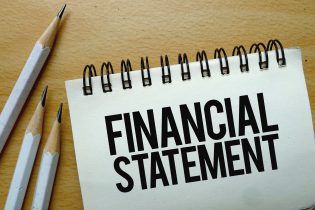Is Real Estate a Good Inflation Hedge?

If you are looking to protect your money and make smart investments, then you should consider buying real estate as an inflation hedge. On this page, we will walk you through the basics of high inflation, its impact on the NYC real estate market, and how you can use real estate to safeguard the value of your investments.
Table of Contents
How Inflation Impacts the NYC Real Estate Market
Despite efforts by the Federal Reserve to curb inflation, it remains high throughout the USA. New Yorkers are feeling the squeeze everywhere from the grocery aisles to their mortgages. While inflation is currently down from the beginning of the year, it is still high, and the pace of our economic recovery is uncertain.
So, how did we get here?
Supply and Demand Issues

Inflation happens when supply cannot meet demand. This is a two-pronged problem: while supply is too low, the demand is too high. This mismatch decreases the value of a dollar and hurts the overall economy.
Supply chain disruptions, such Covid-19 and the war in Ukraine, can make it impossible to produce and distribute goods to appropriately meet demand. With shelves sitting empty, consumers will spend higher and higher amounts to get what they need.
Simultaneously, too much demand adds extra pressures on the economy. Consumers, seeing rising prices, may ask for raises. This puts more money into the market, spurring further demand. Additionally, the government relief programs and stimulus checks sent to all Americans in 2020 and 2021 added even more money into the mix.
Mortgage Rate Hikes

To respond to inflation caused by the pandemic, the United States Federal Reserve raised interest rates. During the height of the pandemic, interest rates were still low, leading to higher demand for home loans. And as we discussed in the previous section, too much demand and not enough supply creates inflation. To address this issue, the Fed instituted mortgage rate hikes to slow the market. Suddenly, it was much more expensive for consumers to take out a home loan, disincentivizing buying.
At the moment, mortgage lending rates are at 6.91%. While these high rates may cause some pause, the New York City real estate market is still going strong. NYC properties are always in demand, and there is no sign that this will change in the near future.
The Value of NYC Real Estate in 2023

NYC real estate remains valuable, even during this time of high inflation. It carries a lot of intrinsic value for its prime location and limited supply. Many people want to live in New York City and are willing to pay for it, despite an uncertain market.
According to Forbes, Q2 of 2023 is a good time to buy real estate in the city. Prices have plateaued, and buyers are adjusting to higher interest rates that may persist for a while. While Q1 saw many price reductions on units from developers eager to sell, the market seems to be righting itself.
Combating Inflation: Understanding Inflation Hedges
If you seek a balm to the overall uncertainty in the economy right now, then you should look into a type of investment known as an inflation hedge. Here is everything you need to know about these investments.
What Is an Inflation Hedge?

On a basic level, an inflation hedge is an investment that will stand the test of time. Despite the lowered value of a currency, this asset (something with economic value) will likely maintain or raise its value over the long term.
Inflation hedges are set apart from other types of investments in that they tend to have some sort of intrinsic worth. Take gold for example. When the dollar loses value due to inflation, gold will maintain its value and will sell for a higher dollar amount than its original purchase point.
In contrast, consider shares of a publicly traded stock. The value of this stock is set by the market, and it is therefore more vulnerable to its rises and falls. This is why financial assets (such as stocks) are not always good inflation hedges.
What Makes a Good Inflation Hedge?

According to experts, real assets and commodities make for some of the best inflation hedges. On the other hand, equity and fixed-income investments such as stocks and bonds fare worse in a high-inflation environment. This is why it is important to be sure that you invest in a variety of asset types to diversify your portfolio.
If the economic jargon is overwhelming, then just try thinking of it like this: investing in tangible things–like gold, a home, etc–protects you against the rise and fall what a dollar will buy you due to inflation. Despite this period of market disruption, a certain amount of inflation will always occur year over year, albeit at a slower target rate than the current pace. Stocks and bonds, however, as financial asset are more vulnerable to losing a significant amount of value during times of high inflation.
How Real Estate Functions as a Good Inflation Hedge

There are several specific ways in which real estate functions as a good inflation hedge. Here are some of the benefits of investing in real estate when inflation is high.
People Will Always Need Homes
Ultimately, real estate has intrinsic value because people will always need a place to live. Demand for homes, while variable, will never disappear.
High Inflation Raises Property Values
Real estate is a good inflation hedge not only because of its intrinsic value, but also because property values rise with inflation. Properties are goods with a limited supply. Much like eggs and milk in the grocery store, the price of real estate increases with everything else.
Low Supply Increases Real Estate’s Value
While inflation is high, it is more expensive to build a new supply of housing. Everything from materials to labor costs more. This disincentivizes new development and makes existing real estate more valuable. It’s all about supply and demand.
Real Estate Debt Becomes “Cheaper”
Additionally, people with real estate debt such as a mortgage can benefit from inflation. You can pay down your debt with inflated dollars, applying this currency to the pre-inflation price of your home (when each dollar was more valuable). Paying off a fixed rate mortgage with cheaper dollars is beneficial for homeowners in the long run.
Rents Go Up, Mortgage Payments Stay the Same
If you rent out the property, then you can also benefit from rent increases caused by inflation. As rents go up, your home loan payments will remain the same. Rent prices, especially in in-demand cities like New York, can even outpace inflation at times, making income-generating properties a particularly good inflation hedge.
How to Invest in New York City Real Estate

To take advantage of this smart inflation hedge, buy NYC real estate. Here are a couple of ways to get into the market and make the most of your investments.
Look into REITs
Real estate investment trusts (known as REITs), are one way to invest in real estate without personally owning property. These trusts are companies with diversified real estate holdings. They tend to own and operate a large number of properties across many categories, like residential, commercial, and industrial real estate.
REITs will make money off of these properties through rents and leases, which are driven up by inflation. At the same time, an REIT’s costs will likely remain mostly unchanged by inflation, since their real estate debt will be based on pre-inflation prices.
You can invest in an REIT and get returns without ever having to manage or finance a building yourself. This makes REITs a great option for those who want to use real estate as an inflation hedge without the responsibility of managing property.
For homeowners, REITs are still a good way to flesh out your investment portfolio. Not all property owners are interested in the headaches that come with renting, no matter how lucrative it can be. An REIT can allow you to get in on the benefits of income-generating properties without having to deal with the downsides.
Keep in mind, if you’re not a seasoned investor, it’s always best to seek financial advice from a trusted professional.
Buy a Home in New York City
Finally, an obvious way to get into the real estate market is to buy your own home. There are many great properties available for purchase right now. With the help of a real estate agent, you can find your dream home at the right price. Once you own a home, you can benefit from your investment for years to come.
Learn More About NYC Real Estate Today
If you are interested in learning more about how real estate can help you protect against inflation, then get in touch with NewDevRev. Our team of real estate experts can discuss your questions, and guide you towards properties that fit your financial goals.
Start your search today!
- Categories:




